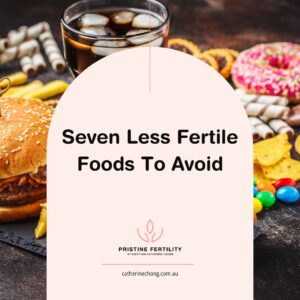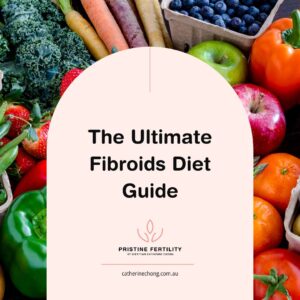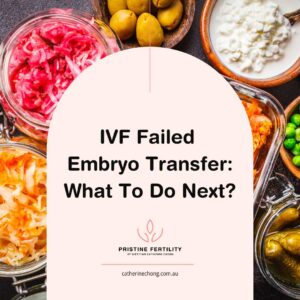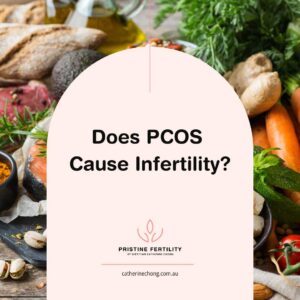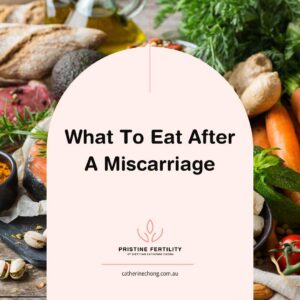How To Increase Implantation Success
Embryo implantation is a vital step in the In Vitro Fertilization (IVF) journey, and various factors can influence its success or failure. Among these, diet emerges as a significant modifiable lifestyle aspect that directly impacts fertility and IVF outcomes. Incorporating specific dietary strategies can optimise your uterine lining for pregnancy and increase the likelihood of implantation success.
This blog will explore the top nutritional tips to boost your IVF treatment and enhance your chances of bringing a healthy baby into the world.
1. Increase Implantation Success with Whole Grains, Fruits, and Vegetables in Your Diet
Whole grains, unlike refined grains, retain all three components – the bran, germ, and endosperm – of the original grain. They offer numerous health benefits as they are rich in fibre, B vitamins, vitamin E, zinc, and iron and possess anti-inflammatory properties. Refined grains, on the other hand, have the bran and germ layers removed, causing the loss of many essential minerals and vitamins.
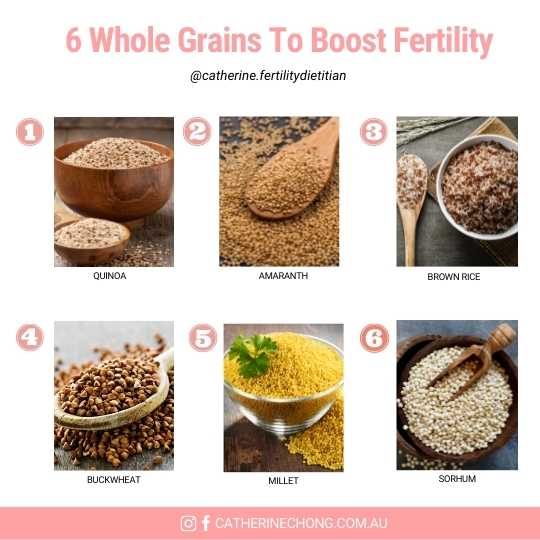
Fibre, found in whole grains, is crucial for a healthy diet due to its positive impact on the gut microbiome and its role in eliminating excess estrogen and other foreign hormones from the body. This is essential since estrogen can thin the endometrial lining. A study discovered that women with higher whole grain intake before IVF treatment experienced increased implantation and live birth rates compared to those with lower intakes, suggesting that whole grains may enhance endometrial thickness.
Fruits and vegetables, rich in vitamins A, C, and E, provide natural antioxidants that reduce inflammation and oxidative stress in the body. They contribute to improved egg health and, consequently, greater chances of implantation success. Additionally, fruits and vegetables are a good source of fibre, which helps eliminate excess estrogen and prepare the endometrium for embryo implantation.
A review of existing studies revealed that fruit and vegetable consumption positively impacts fertilisation and embryo implantation. Moreover, a higher intake of plant-based proteins may improve fertility. Some excellent sources of plant-based protein include:
- Soy products (such as tofu and tempeh)
- Beans and lentils
- Nuts and seed
2. Boost Implantation Success with Vitamin E: Antioxidant Powerhouse
Vitamin E, a potent antioxidant, can be found in a variety of foods, such as:
- Extra-virgin olive oil
- Sunflower seeds
- Pinenuts, hazelnuts and almonds nuts
- Eggs
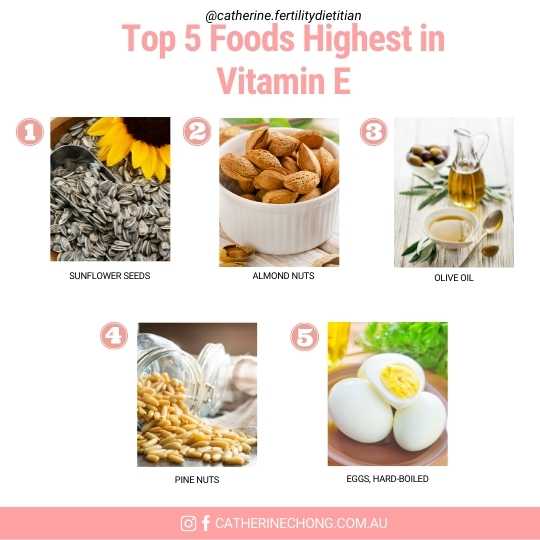
A 2012 study discovered that supplementation with 400 IU/day of vitamin E before ovarian stimulation with clomiphene citrate could improve endometrial thickness in women. This improvement is thought to result from vitamin E’s antioxidant and anticoagulant effects.
Similarly, another randomised clinical trial found that 12-week supplementation of 400 IU/day of vitamin E increased endometrial thickness and improved inflammatory markers in women who had previously experienced implantation failure. Vitamin E may enhance implantation success due to its connection with inflammation and endometrial thickness.
If you’re thinking of starting a vitamin E supplement, it is best to consult a fertility dietitian and your doctor before taking any nutrition supplementation.
3. Omega-3 Fatty Acids: Enhancing Implantation Success with Healthy Fats
Omega-3, a polyunsaturated, long-chain, essential fatty acid, is known as a healthy fat due to its numerous health benefits, especially its anti-inflammatory properties. These fatty acids play a vital role in cell membrane composition throughout the body, facilitating membrane receptor function and regulating inflammatory responses.
For fertility, omega-3’s anti-inflammatory properties help control inflammation in the body, increasing blood flow to the uterus, thickening the uterine lining, improving egg and embryo quality, and ultimately boosting implantation success rates.
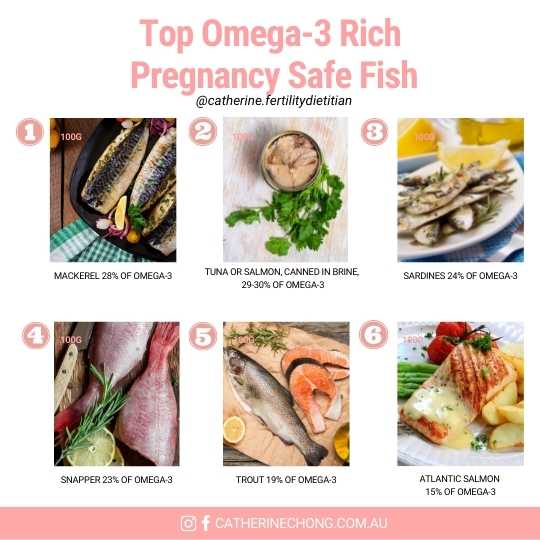
Oily fish such as blue mackerel, Atlantic salmon, and herring are the best sources of omega-3. However, harmful chemicals like mercury can accumulate in fish and cause negative effects. The Australian Food Standards advise that women trying to conceive and during pregnancy can safely consume 2-3 servings per week of any fish (with one serving equal to 150 grams), except for the following:
- One serving per week of orange roughy (deep-sea perch) or catfish and no other fish that week
- One serving per fortnight of shark (flake) or billfish (swordfish/broadbill or marlin) and no other fish that fortnight.
Bottom Line:
- Diet plays a crucial role in determining the success of embryo implantation.
- Incorporate whole grains, fruits, and vegetables into your diet to improve implantation outcomes.
- Supplementing with vitamin E can potentially enhance endometrial thickness and reduce inflammatory markers for women undergoing IVF treatment.
- The numerous health benefits of omega-3 fatty acids, particularly their anti-inflammatory properties, contribute to increased implantation success.

